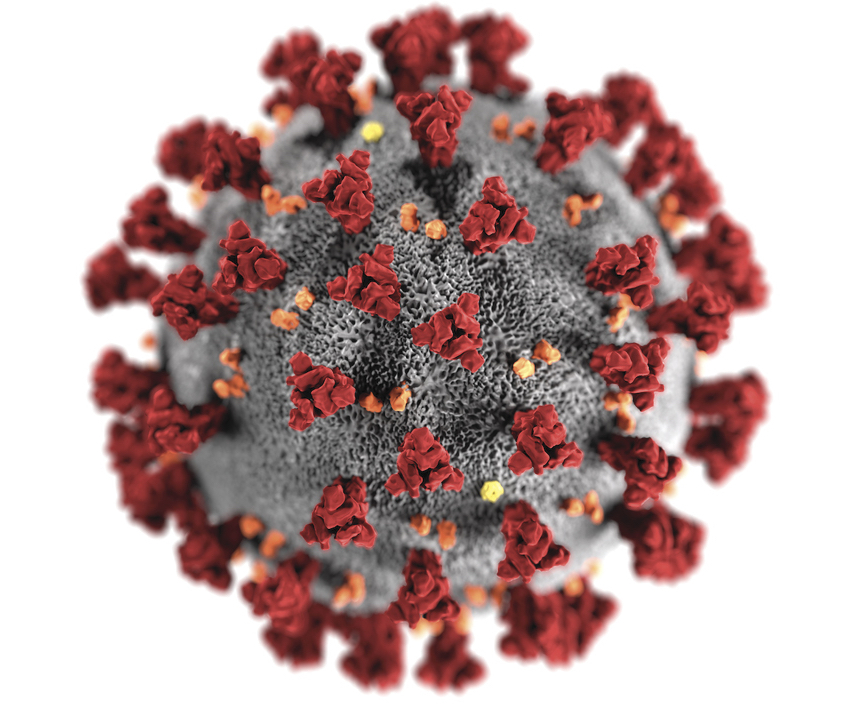
Studies on cause of Long COVID on track, says researcher
The SARS-CoV2 virus, associated with COVID-19. Image from the U.S. Centers for Disease Control and Prevention.
Some focus on long-persisting neurological effects of the virus.
Researchers are competing against time to understand the causes of “Long COVID,” an array of symptoms reported by a number of patients months after a COVID-19 infection.
Understanding the components of prolonged COVID-19 is a key step in finding treatment for the SARS-CoV-2 virus in the wake of rising deaths from the pandemic.
This came to the fore Sept. 30 during the New Horizons in Science briefings presented by the Council for the Advancement of Science Writing, part of the ScienceWriters2021 virtual conference.
According to Dr. Avindra Nath, a principal investigator at the National Institute of Neurological Disorders and Stroke, studies to understand Long COVID” are at advanced stages.
A number have been completed, with scientists hoping to use some of the findings to help develop treatment for the neurological effects of the virus on patients who exhibit COVID-19 symptoms for more than three months.
“Numerous studies have been published, while several others are in progress. Understanding the causes will help guide the search for effective treatment,” Nath said in his New Horizons presentation.
Nath explained that most of the people who suffer from Long COVID experience multiple ailments that last for three or more months. Studies of the causes of Long COVID aim to help suffering patients recover from the condition.
The scientists are also seeking to establish whether COVID-19 vaccines can have neurological complications.
Nath said that Long COVID affects patients severely, pushing some to the edge of giving up with life. One patient committed suicide after battling illness for more than a year. Researchers, he said, are burning the midnight oil to find medical solutions.
Among the entities involved in the study on the causes of Long COVID is the UK’s National Health Service, which is following more than 47,000 people after hospital treatment for COVID-19.
In the US, two large controlled clinical trials are being conducted by National Institute of Allergy and Infectious Diseases (NIAID).
The development comes even as the researchers continue to make strong pitches for vaccination.
In his presentation, Nath stated that vaccines are important in preventing Long COVID-19 too. He highlighted the dangers unvaccinated people expose themselves to.
“Unvaccinated people are two times more likely to develop persistent symptoms at 12 weeks,” he said.